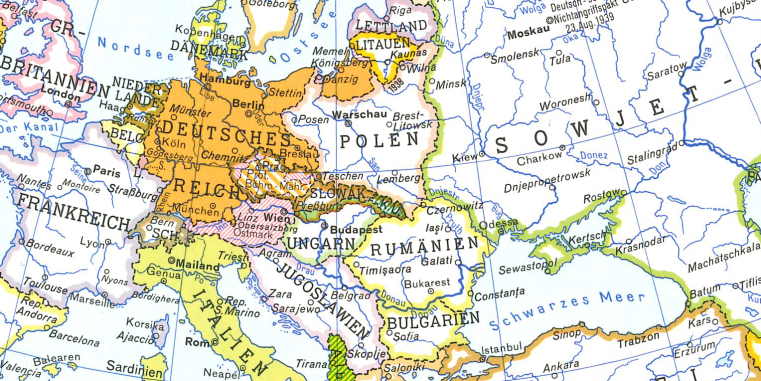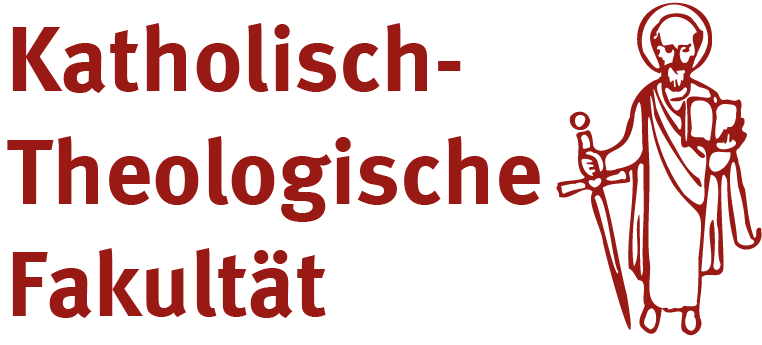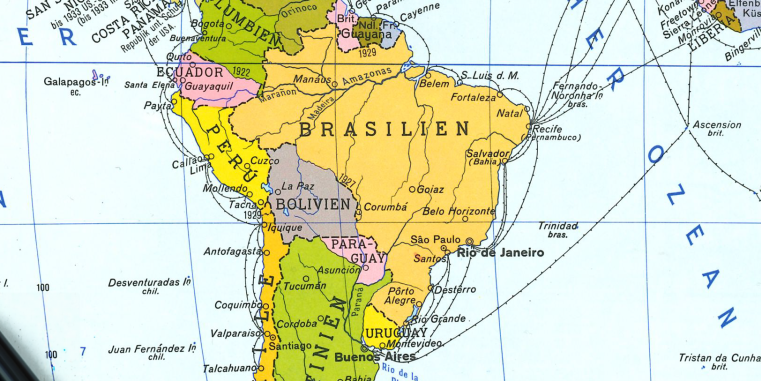
Sub-project: „Baptized Jews in Romania“
The petitions – the researchers in the project "Asking the Pope for Help" at the University of Münster are working on – come from both baptized and non-baptized people of Jewish origin from numerous European countries. However, the sacrament of baptism did not offer protection from persecution during the Shoah – except in Romania. Drawing on hitherto unknown Vatican sources, the theologian Lorena König will write her dissertation at the Cluster of Excellence on Romania’s special position, analyzing the processes that protected numerous Jews who converted to the Catholic faith from being deported to an extermination camp. The three-year position is funded by the Cluster of Excellence Religion and Politics at the University of Münster.
König already wrote in her master’s thesis on the baptism of Romanian Jews during the Shoah, showing that the same racial laws prevailed in Romania as in many other countries occupied by the National Socialists, but that Andrea Cassulo, the local papal nuncio, used clever arguments to place baptized Jews under the protection of the Catholic Church. Besides files on this issue, the newly available files of the Vatican Apostolic Archive also contain numerouspetitions from Jews to the nuncio, correspondence with state and church authorities, and some reports from the nunciature to the Vatican.
In the current research project, König will first catalogue the relevantpetitions, and investigate what then happened to their authors in order to explore the room for manoeuvre available to the nuncio, as well as the networks that he had. These letters will also be published in the online edition of the project “Asking the Pope for Help”. The project will also reveal any distinctions that were made in Romania or in the Vatican itself between baptized and non-baptized people of Jewish origin. In addition, it will explore hitherto unknown material on the fundamental debate that flared up in the Holy Office, the supreme religious authority, regarding the requirement that Jews undergo a one-year period of preparation before baptism.


